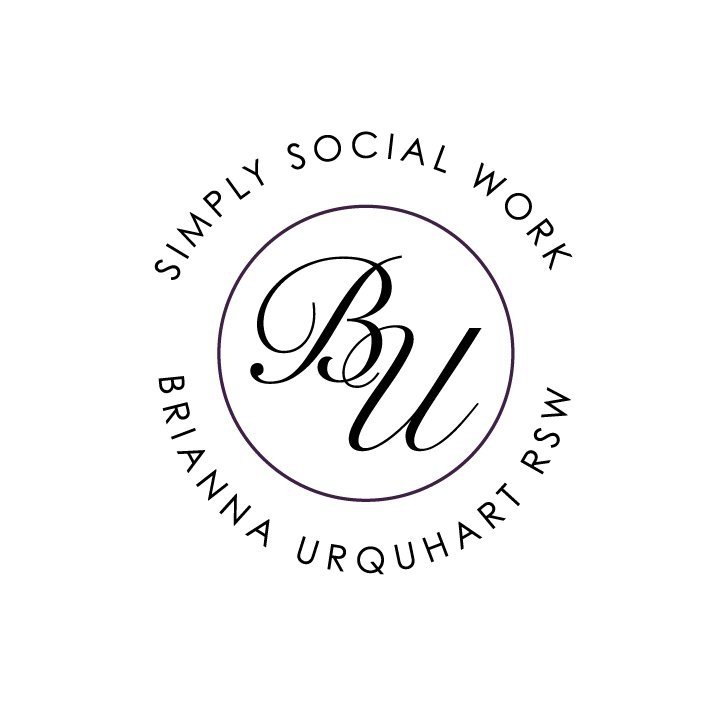Holiday Boundaries
I’ve talked before about how stressful the holidays can be and discussed somes strategies to help you approach the season. But there’s one aspect of the holidays in particular that can be one of the most challenging or intimidating: families.
Mentally and emotionally preparing for family gatherings, or decompressing after a dinner ends up turning into a huge conflict, is a common theme in therapy sessions over the next few weeks.
The problem with families is that there often are a lack of appropriate boundaries between members. Boundaries are essentially about establishing what behaviour you’ll accept from other people, and what they can expect from you.
Boundaries can be useful for topics such as:
Health
Weight
Romantic Life
Politics
Finances
Time
These are often topics that people don’t want to talk about, but find themselves having to deal with time and time again. These are usually the things that lead to heated conflicts, hurt feelings, and awkward holiday exits.
Here’s the hard part: people can only respond to you as much as you let them.
What does this mean?
It means if your boundaries are too malleable, and you often remove them or let someone continue to disrespect them - that’s what they’re going to do. They’re in some way benefiting from the situation as it currently stands, and they aren’t going to have a reason to change the dynamic if you don’t give them one.
Oftentimes the reaction to a new boundary isn’t met positively, and that can be incredibly challenging on the person trying to protect themselves. I’ve been there, trust me, it can honestly just suck.
BUT if you aren’t consistent and staying true to your needs, you’re also confusing the other person and making the adjustment harder on them as well.
If, on the other hand, you stay consistent, reasonable, and firm with your boundaries, you are setting the scene. If you won’t engage in a subject and actively enforce this, the other person is physically unable to have that conversation - because you aren’t there, and having a one-sided conversation alone is just pointless.
Now, I know what you may be thinking (because I’ve thought it too, once upon a time): “I don’t want to hurt anyone’s feelings.”
If you are reasonable and respectful, without expressing judgement, criticism, or blame, and setting a boundary to protect your mental health or privacy - there’s really no reason for anyone to be offended.
But we’re all human, and emotions are an intricate experience, so someone very well could struggle with the change. This could be in the form of hurt feelings or confusion.
But here’s another hard truth: a person’s reaction to your appropriate boundary is not your responsibility. You can’t control what someone might take personally or whether they agree with you or understand. What is your responsibility is compassionately and respectfully creating consistency with your boundary.
So have a clear boundary, stay true to you and consistent with it, and have an exit strategy just in case. Make sure to practice self-care before, during, and after any stressful events.
I hope that this helps anyone who struggles with discomfort or anxiety over family gatherings this season. If you want more examples of boundaries, how to set them, and how not to respond to someone else’s boundaries, be sure to check out my recent series on Instagram.
Happy Holidays.





